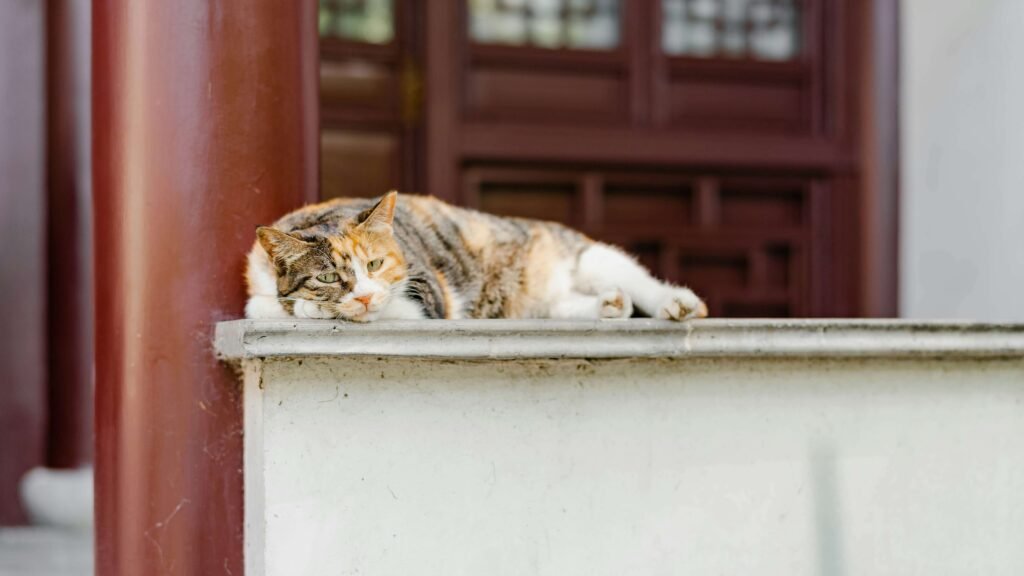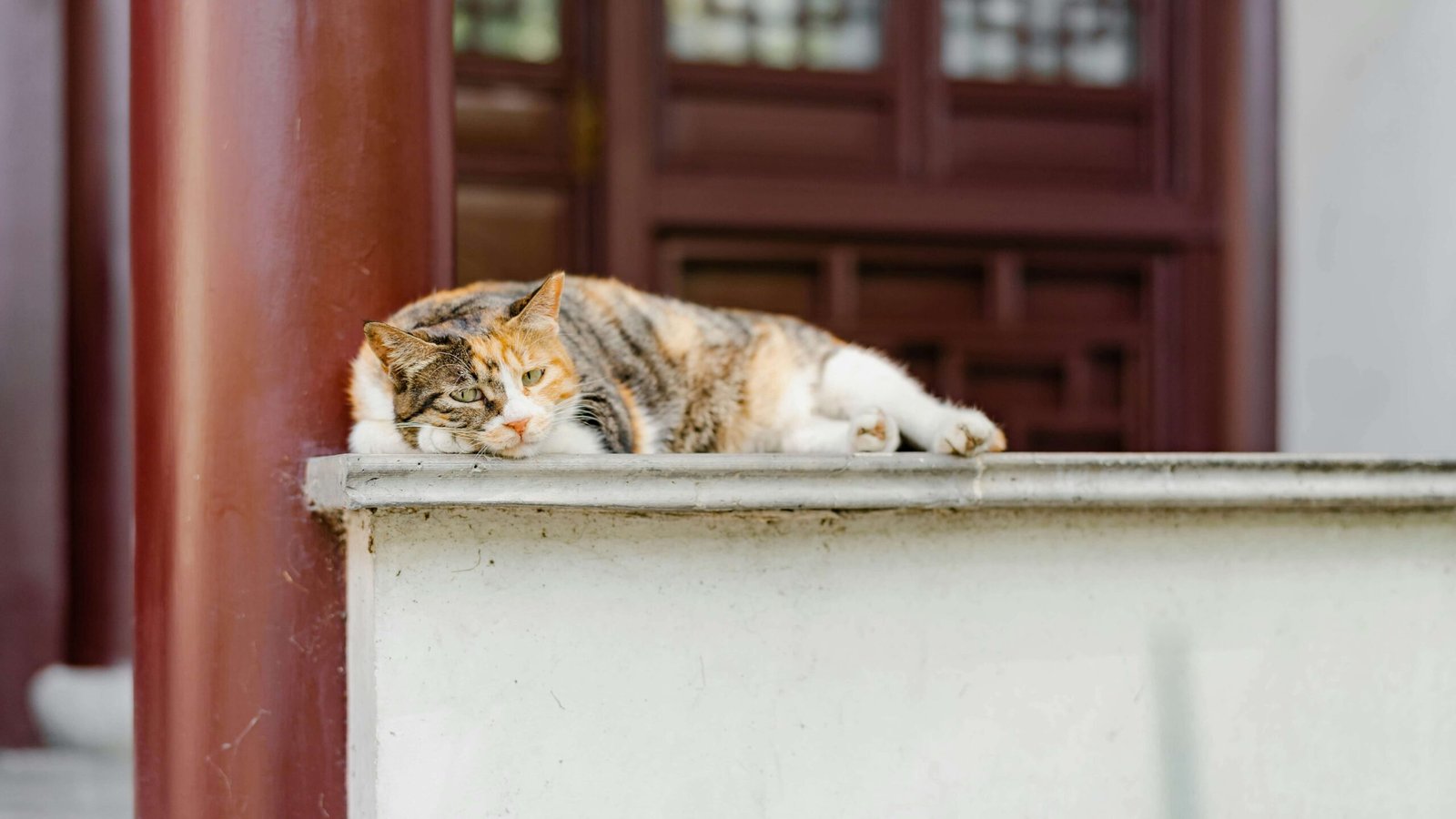Home Remedies for Blood in Cat Stool: A Guide to Supporting Your Feline Friend
Discovering blood in your cat’s stool can be alarming and stressful for any pet owner. While it’s essential to consult a veterinarian to rule out serious underlying conditions, there are home remedies and supportive measures you can take to help your cat recover. Blood in cat stool, also known as hematochezia or melena, can result from various causes, including dietary indiscretion, parasites, or gastrointestinal irritation. This blog post will explore safe and effective home remedies, tips for prevention, and when to seek professional help. By understanding how to support your cat’s digestive health, you can provide comfort and care during this challenging time.
Common Causes of Blood in Cat Stool
Before diving into remedies, it’s important to understand the potential causes of blood in your cat’s stool. Identifying the root cause can help you determine the best course of action. Here are some common reasons for this condition:
Dietary Changes
Sudden changes in your cat’s diet can irritate their digestive system, leading to bloody stools.Parasites
Intestinal worms or protozoa like giardia can cause inflammation and bleeding in the gastrointestinal tract.Food Allergies or Intolerances
Some cats may react negatively to certain ingredients, resulting in digestive upset.Ingestion of Foreign Objects
Swallowing non-food items can damage the intestinal lining, causing bleeding.Infections or Bacterial Imbalances
Bacterial infections or an imbalance in gut flora can lead to gastrointestinal issues.
Understanding these causes can guide you in selecting appropriate home remedies and knowing when veterinary intervention is necessary.
Home Remedies to Support Your Cat’s Digestive Health
While blood in your cat’s stool should never be ignored, there are several home remedies that can help soothe their digestive system. These remedies focus on hydration, diet, and natural supplements. Here are some options to consider:
Hydration Therapy
Ensure your cat has access to fresh, clean water at all times. Dehydration can worsen digestive issues.Pumpkin Puree
Plain, unsweetened pumpkin puree is rich in fiber and can help regulate your cat’s bowel movements.Probiotics
Adding pet-safe probiotics to your cat’s food can restore healthy gut bacteria and reduce irritation.Bone Broth
Warm, unseasoned bone broth is gentle on the stomach and provides essential nutrients to aid recovery.Fasting (Short-Term)
A brief fast (12-24 hours) under veterinary guidance can give your cat’s digestive system time to rest.
These remedies can complement professional treatment and help your cat feel more comfortable. Always consult your vet before introducing new remedies.
Check this guide 👉Cat Pooping Jelly-Like Substance with Blood: Best 7 Tips!
Check this guide 👉Understanding Your Cats Blood Test Results: Best 7 Tips!
Check this guide 👉Why Is My Male Cat Peeing Blood but Acting Normal? Best 7 Tips

Symptoms to Monitor | When to See a Vet Immediately |
|---|---|
Occasional spotting of blood | Large amounts of bright red blood |
Mild diarrhea | Persistent vomiting or lethargy |
Loss of appetite for 1-2 days | Signs of pain or abdominal swelling |
Slight straining during defecation | Black, tarry stools indicating internal bleeding |
Mild bloating or gas | Pale gums or signs of anemia |
Preventive Measures to Avoid Recurrence
Preventing blood in your cat’s stool starts with maintaining their overall health and well-being. By taking proactive steps, you can reduce the risk of digestive issues. Here are some preventive measures to consider:
Consistent Diet
Avoid frequent changes in your cat’s food to prevent digestive upset.Regular Deworming
Schedule routine deworming treatments to eliminate intestinal parasites.High-Quality Food
Feed your cat a balanced, high-quality diet free from artificial additives.Supervise Playtime
Prevent your cat from ingesting small objects that could harm their digestive tract.Stress Reduction
Minimize stressors in your cat’s environment, as stress can impact their digestive health.
By implementing these preventive measures, you can help ensure your cat’s long-term digestive health and happiness.
Signs That Indicate Immediate Veterinary Care
While home remedies can be helpful, some symptoms require immediate veterinary attention. Recognizing these signs can make a significant difference in your cat’s prognosis. Here’s what to look for:
Excessive Bleeding
Large amounts of blood in the stool or frequent episodes indicate a serious issue.Lethargy or Weakness
If your cat seems unusually tired or unresponsive, it may signal internal complications.Vomiting Alongside Bloody Stool
Persistent vomiting combined with bloody stool can indicate a severe gastrointestinal problem.Loss of Appetite for More Than 2 Days
Refusal to eat for an extended period can lead to dehydration and malnutrition.Abdominal Pain or Swelling
Signs of discomfort or a distended abdomen warrant urgent medical evaluation.
If you notice any of these symptoms, seek veterinary care immediately to ensure your cat receives proper treatment.
Natural Supplements to Support Digestive Health
In addition to dietary adjustments, natural supplements can play a key role in supporting your cat’s digestive system. These supplements are gentle and can help restore balance to your cat’s gut flora. Here are some options to consider:
Slippery Elm Bark
This herb has soothing properties that can help reduce irritation in the gastrointestinal tract.Marshmallow Root
Known for its anti-inflammatory effects, marshmallow root can help calm an upset stomach.Chamomile Tea (Cooled)
A small amount of chamomile tea can ease digestive discomfort and reduce inflammation.Activated Charcoal
This supplement can help absorb toxins and reduce diarrhea, but it should only be used under veterinary guidance.Fish Oil (Omega-3 Fatty Acids)
Omega-3s have anti-inflammatory properties that can benefit the digestive system over time.
By incorporating these natural supplements into your cat’s care routine, you can provide additional support for their digestive health while minimizing discomfort.
Foods to Avoid When Your Cat Has Digestive Issues
When your cat is experiencing digestive issues, certain foods can exacerbate the problem and should be avoided at all costs. Being mindful of these foods can prevent further irritation. Here are some examples:
Dairy Products
Most cats are lactose intolerant, and dairy can worsen diarrhea or cause bloating.Raw Meat or Fish
While raw diets are popular, they can introduce harmful bacteria that irritate the digestive tract.Spicy or Seasoned Foods
Foods with spices, garlic, or onions can be toxic and cause gastrointestinal distress.High-Fat Treats
Fatty foods like bacon or fried items can lead to pancreatitis or severe digestive upset.Grains and Fillers
Some cats are sensitive to grains like corn or wheat, which can trigger allergic reactions.
Avoiding these foods will help protect your cat’s digestive system and speed up their recovery process.
Signs of Improvement to Look For
As you implement home remedies and monitor your cat’s condition, it’s important to recognize signs that indicate improvement. These positive changes can reassure you that your efforts are working. Here’s what to watch for:
Normal Bowel Movements
Your cat’s stool becomes firmer and free of blood or mucus.Increased Energy Levels
Your cat begins to show more interest in play and daily activities.Improved Appetite
Your cat starts eating regularly and shows enthusiasm for mealtime again.Reduced Straining During Defecation
Your cat no longer appears uncomfortable or in pain while using the litter box.Bright Eyes and Healthy Coat
Your cat’s overall appearance improves, with shiny fur and clear, alert eyes.
These signs of improvement are encouraging indicators that your cat is on the path to recovery. However, always remain vigilant and consult your vet if symptoms persist or worsen.
Frequently Asked Questions About Blood in Cat Stool
Can I treat blood in my cat’s stool at home?
While mild cases may respond to home remedies, it’s crucial to consult a vet to rule out serious conditions.
Is pumpkin safe for cats with digestive issues?
Yes, plain pumpkin puree is safe and can help regulate digestion due to its high fiber content.
How long does it take for symptoms to improve?
Improvement depends on the underlying cause but typically ranges from a few days to a week with proper care.
Can stress cause blood in my cat’s stool?
Yes, stress can trigger digestive upset, leading to symptoms like bloody stool.
What foods should I avoid feeding my cat?
Avoid spicy, fatty, or heavily processed foods, as they can irritate your cat’s digestive system.
Final Thoughts: Prioritizing Your Cat’s Health
Blood in your cat’s stool is a sign that something may be wrong, and addressing it promptly is essential for their well-being. While home remedies can provide temporary relief, they should never replace professional veterinary care. By staying informed about potential causes, symptoms, and preventive measures, you can play an active role in safeguarding your cat’s digestive health. Remember, your feline friend relies on you to advocate for their needs. With love, attention, and timely intervention, you can ensure they lead a happy, healthy life.
Cat Anaphylactic Shock Treatment Costs: Best 7 Expert Tips! – Learn about costs, treatments, and financial aid options to save your cat’s life.
Exocrine Pancreatic Insufficiency in Cats: Best 7 Tips! – Learn to spot symptoms, manage EPI effectively, and improve your cat’s quality of life with expert advice.
Cost of Dog Anaphylactic Shock Treatment: Best 7 Tips! – Learn about emergency costs, financial planning, and ways to manage expenses for your dog’s care.
Exocrine Pancreatic Insufficiency in Dogs: Best 7 Tips! – Learn to spot symptoms, manage EPI effectively, and improve your dog’s quality of life with expert guidance.





